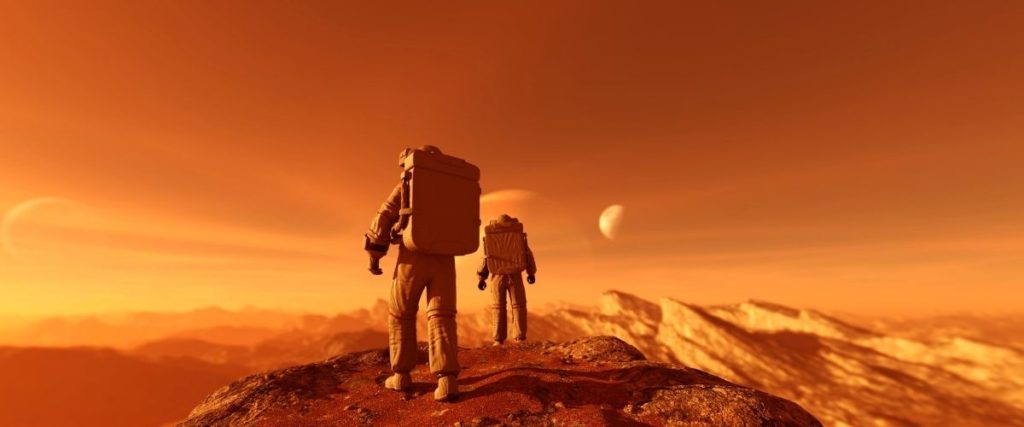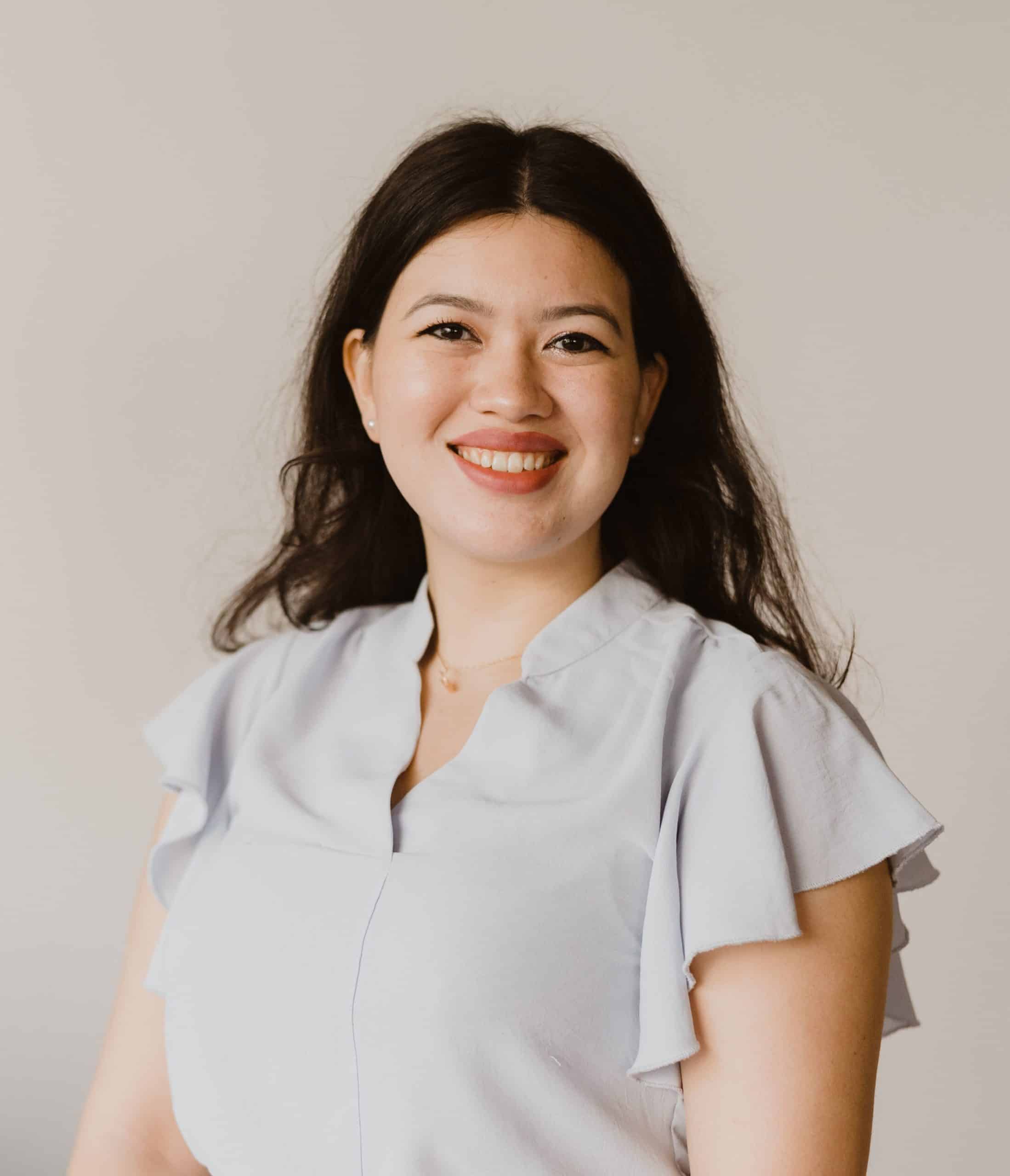Japan is joining the space race to settle Mars. Kyoto University’s Human Spaceology Center is partnering with private sector businesses to research how to make the planet more liveable, including the development artificial gravity fields.
The Kyoto University Human Spaceology Center was created in October 2020 following recent space race efforts made by multibillionaires Amazon founder Jeff Bezos, Tesla and SpaceX founder Elon Musk, and Virgin Group founder Richard Branson. NASA’s Artemis Program is also working to send its first US crew back to the moon since the Apollo missions.
Fully launched in June, the Kyoto University space centre is partnering with the private sector to develop fundamental technology for human space exploration and the viability of settlement on Mars. The centre focuses on five main areas of research: artificial gravity, other technologies required for space exploration, the use of wood in space, radiation effects, and space education.
The university is working with contractor Kajima to develop artificial gravity field technology. The low gravity found in space, on the moon, and on Mars is a challenge for the maintenance of astronaut health, resulting in loss of muscle and bone mass. The space centre will be looking into ways to maintain good health for astronauts and future space settlers.
These research areas were chosen because of their “potential to leverage Japan’s industrial strengths in space,” said Yosuke Yamashiki, the Spaceology Center’s director.
This new space centre’s creation will be important for deciding how Japan will be participating in the space race, the country having never launched their own space mission in the past. This new partnership with local businesses may mark a new way for Japan to get ahead.
“I want to expand the circle of partnerships outside the current framework,” Yamashiki continued.
The space centre’s team includes NASA staff and Japanese astronauts Takao Doi and Naoko Yamazaki. Not only focusing on research, the spaceology center will offer lectures and practical training through their educational programme. This programme will focus on radio communication, as well as sea and forest environment training. Doi will be leading some of this, sharing his vast experiences and knowledge with Kyoto University students.

Takao Doi from humans-in-space.jaxa.jp
Related Articles
Affordable Rockets in the Making
NASA’s First Australian Astronaut Shares His First-Hand Experiences in Space
Meet Space Debris Startup Astroscale, Forbes Japan’s Startup of the Year





